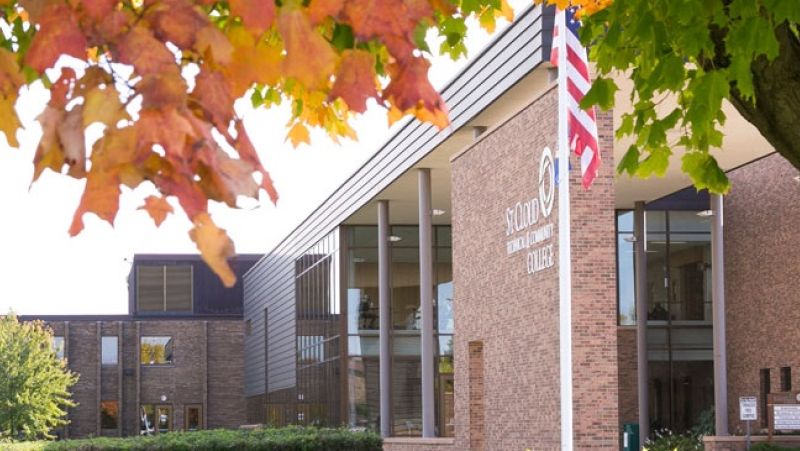
1. FERPA Protects Your Privacy
The Family Educational Rights and Privacy Act (FERPA) is a federal law that protects the privacy of your educational records. It gives you the right to control who has access to your records, with some exceptions (like a health or safety emergency or a judicial order or lawfully issued subpoena).
2. Your Educational Records Are Private
Almost all records that SCTCC keeps about you are considered educational records. These include things like your grades and class lists, financial aid info, student housing records, and even your application for admission.
3. "Directory" Information is Public
Certain basic information, like your name, degree, honors and awards received, and dates of attendance (beginning and end dates of the semester), is considered "directory" information and can be released without your permission. However, you can opt out if you don’t want this information shared by filling out a “Non-Disclosure of Directory Information form” at www.sctcc.edu/records
4. Directory Information
- Student’s name
- Hometown
- Participation in officially recognized activities and sports
- Dates of attendance (beginning and end dates of the semester)
- Classification (e.g., freshman, sophomore)
- Degrees, honors and awards received
- Date of graduation
- Physical factors (height and weight) of athletes
- Enrollment status (e.g., undergraduate, graduate, full time, or part time)
5. Consent is Key for Most Releases
In most cases, SCTCC needs your written consent before sharing your educational records with outside parties. Exceptions include things like a health or safety emergency or a judicial order or lawfully issued subpoena.
6. What Happens if Law Enforcement Requests Your Records?
If law enforcement requests your educational records, SCTCC must either obtain your consent or comply with a valid subpoena or court order. Law enforcement cannot just ask for your records without proper legal documentation.
7. ICE Cannot Demand Your Records Without Legal Authorization
U.S. Immigration and Customs Enforcement (ICE) cannot compel SCTCC to release your private educational records unless they provide a valid subpoena or court order. Your records are protected, no matter your immigration status. However, keep in mind that Directory Information is still public information without a “Non-Disclosure of Directory Information” on file for you.
8. Your Data is in Safe Hands
All SCTCC employees are responsible for protecting your educational records.
9. Know Your Rights and Resources
For questions or concerns about your educational records, SCTCC has a Student Data Practices Policy you can review www.sctcc.edu/ferpa and additional resources are available through the U.S. Department of Education's Family Compliance Office or the Minnesota State DPCO Directory.
By understanding these privacy guidelines, you can better protect your educational information and know your rights when it comes to who can access it.
QUICK REFERENCE GUIDE
SCTCC Student Data Practices Policy
DPCO: Data Practices Act Compliance Official (college or university president designates)
FERPA: Family Educational Rights and Privacy Act
MGDPA: Minnesota Government Data Practices Act
ICE: U.S. Immigration and Customs Enforcement
ISRS: Integrated Student Record System (Minnesota State’s database)